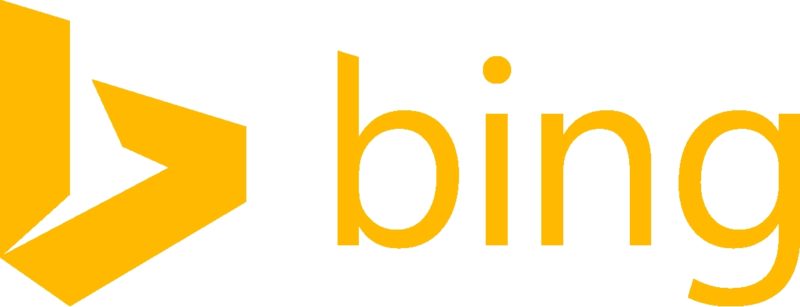
The biggest news to hit search engine marketing this summer is definitely the arrival of Bing™, Microsoft’s new search engine replacing Live.
The implications for SEO specialists are considerable, as everyone waits to see the effects on MSN rankings already achieved and tries to fathom how the algorithm will actually work. In these initial stages, Bing appears to be enjoying more traffic than MSN did, probably as a result of huge media interest and an extensive advertising and PR campaign.Official data from research firm ComScore indicated that Microsoft had captured 8.4 % of U.S. Internet searches in June, (up from 8 % in the previous month, largely at the expense of rival Yahoo Inc, whose market share fell from 20.1 to 19.6 %. Speculation goes on about a possible online advertising partnership between Microsoft and Yahoo, which would surely be the only way to feasibly challenge Google’s dominance in the market. What does Bing’s arrival mean for SEO?
The major implications for SEO (see report from Microsoft entitled “Bing: New Features Relevant to Webmasters”) will be firstly the changes in the search results page. Results 6 through 10, for certain terms like names of cities, are ‘categorized’ results rather than a direct match to the initial query, so the search engine effectively makes related suggestions to your search query. So if you search for a car brand, you may end up with suggestions for parts in the top 10 results as well as basic information on the car models available and official showrooms. This provides opportunities for the long tail (longer keyword phrases used for optimization) but also has a detrimental effect on those who may have appeared in results 6-10.
Another feature is Bing’s ‘best match’ concept, which means it only shows 1 result when it is confident it is right, or highlights it within the page, so even if you are in the top 5 in this instance, you may not show up, and if you are #1, your share of traffic will probably increase on these terms where best match is applied.
There is also a ‘preview’ offered of sites listed in the results page, so if a user hovers over the listing, they can decide whether the result is appropriate or not – this may result in users finding what they need without visiting, or may result in more qualified visitors coming to your site, as they have already checked it out, this may reduce bounce rates.
All in all, the arrival of Bing poses some interesting questions for SEO and no doubt we all have more to learn from this exciting new search engine.
